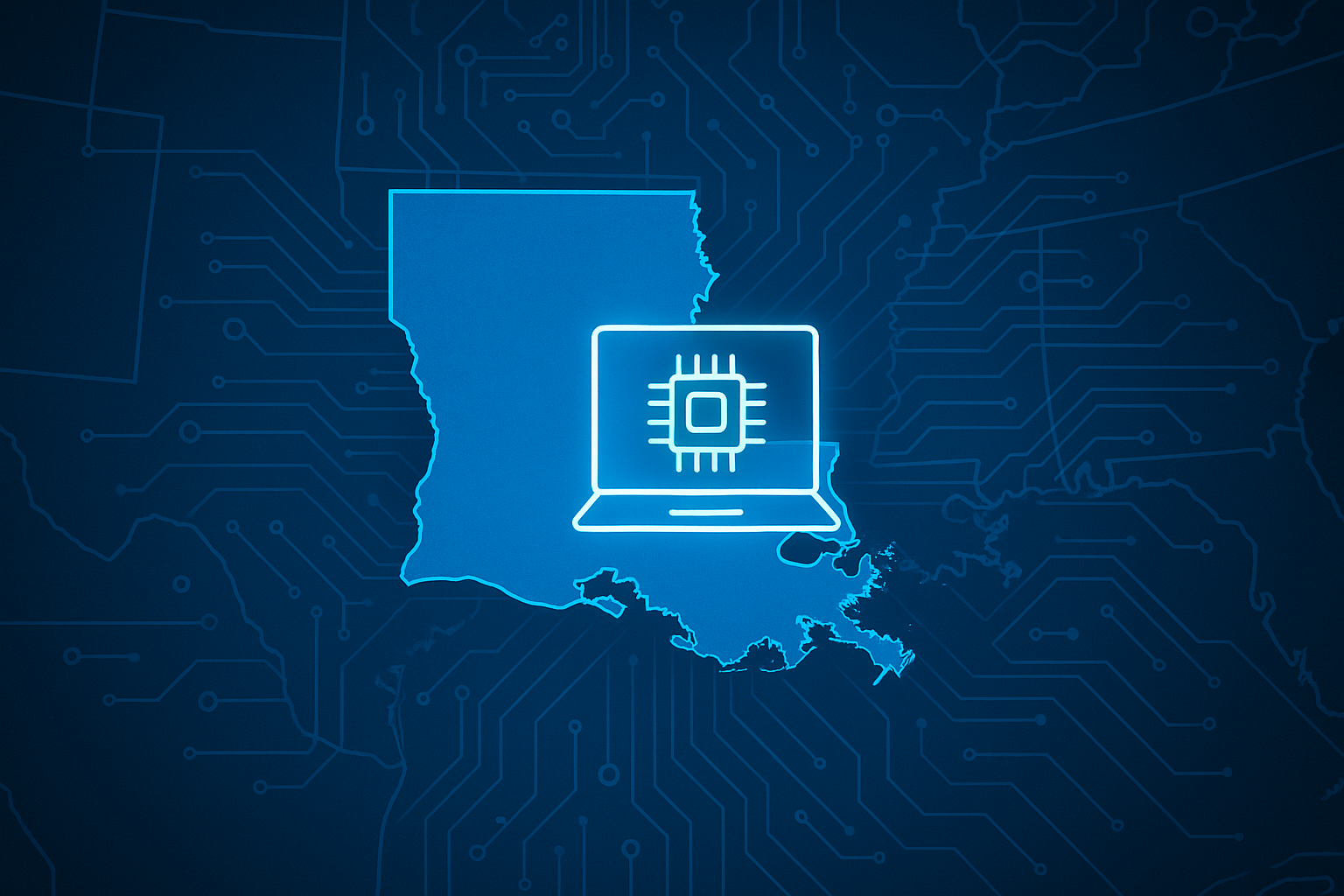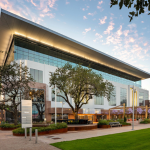1) The Branding: Where “Silicon Bayou” Came From
The nickname “Silicon Bayou” first appeared in the early 2010s as a playful twist on “Silicon Valley,” adapted to the bayou geography of Louisiana. It was popularized by The Idea Village and early startup leaders in New Orleans as the city was rebuilding after Hurricane Katrina. Local media like Silicon Bayou News helped cement the term, covering founders, events, and milestones that gave the brand credibility.
2) The Rise: Post-Katrina Rebuild and Entrepreneurial Energy
In the years after Katrina, returning residents and new arrivals found a civic narrative focused on entrepreneurship as a tool for recovery. The Idea Village and New Orleans Entrepreneur Week became the movement’s anchor. Propeller supported social-impact ventures, and the New Orleans BioInnovation Center provided a base for life science companies. Louisiana’s Digital Interactive Media and Software Development Incentive lowered the cost of building software companies in the state.
3) Proof Points: Headline Exits and Local Pride
By the late 2010s, Silicon Bayou had real proof of success. TurboSquid was acquired by Shutterstock. Levelset was bought by Procore for $500 million. Lucid reached unicorn status with its $1.1 billion acquisition by Cint. These exits showed that New Orleans could produce scaled, nationally competitive companies, especially in B2B markets like SaaS, marketplaces, and analytics.
4) Nexus Louisiana: Created by Law, Built to Last
Nexus Louisiana is not a recent creation. It was established by state legislation in 1989 under the name Louisiana Technology Park as part of a strategy to diversify the economy beyond oil and gas. Its mission is to support high-potential technology companies through coaching, capital, and connections. Over decades, it has helped hundreds of businesses raise funding, create jobs, and connect with national markets. Nexus has been one of the most consistent institutional pillars in the state’s tech ecosystem, providing continuity that outlasts hype cycles.
5) Houston Starts Using “Silicon Bayou”
By the late 2010s, Houston began adopting the Silicon Bayou label in its own economic development messaging. City officials and business leaders used the term to highlight Houston’s blend of cultural diversity, energy sector dominance, medical institutions, and an expanding tech workforce. The phrase originated in Louisiana, but its migration to Houston reflects its broader branding appeal in the Gulf South.
6) Setbacks and Headwinds
The momentum of the 2010s met challenges in the 2020s. The high-profile recruitment of DXC Technology to create 2,000 jobs in New Orleans underperformed expectations after the company shifted to a virtual-first model. The pandemic accelerated remote work, increasing competition for talent. Rising property insurance costs and public safety perceptions have made recruiting and retaining talent more difficult. The bankruptcy of Waitr, once a Louisiana-based tech success story, also affected confidence.
7) The Enduring Core
Institutions remain the backbone of the Silicon Bayou. The Idea Village continues to operate NOEW as a hub for founders and investors. The BioInnovation Center supports life science ventures with lab space and commercialization guidance. Propeller continues to champion social impact entrepreneurship. Tulane, LSU, and other universities are increasing their focus on technology transfer. Nexus Louisiana ties many of these threads together with its legislatively backed mission.
8) The Path Forward
For the Silicon Bayou to achieve lasting economic impact, New Orleans must focus on its strengths in B2B technology, regulated industries, and cultural intellectual property. Alumni from major exits can accelerate the cycle by reinvesting locally. The city also needs to address insurance affordability, improve recruitment incentives, and share current data on safety and quality of life to counter outdated perceptions.





